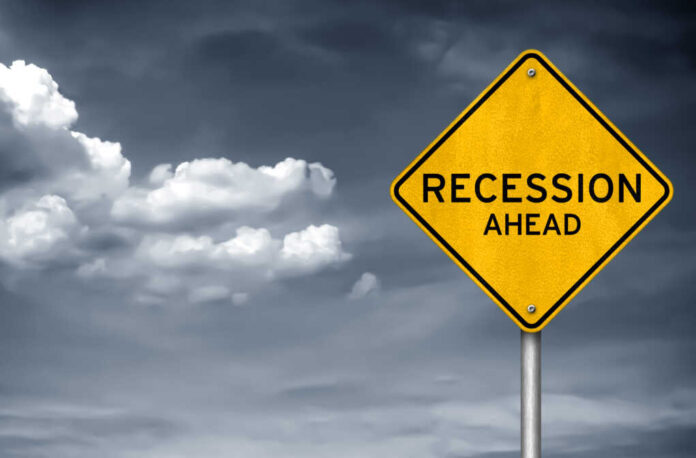
Consumer inflation increased at a higher-than-expected rate in March, increasing the possibility of interest rate hikes and a possible recession. The news comes as the United States has not fully kicked its recent spate of high inflation despite promises from the Biden administration.
This week the Labor Department reported that the consumer price index (CPI) rose quicker than originally expected. This included a 0.4% increase last month and a yearly increase of 3.5%. This represents an increase of 0.3% over February’s number and is well above the 2% inflation target set by the Federal Reserve.
The CPI reflects the prices that consumers pay on a number of items. Even worse for the economy, the price of goods except food and energy rose significantly, jumping 3.8% on a yearly basis, which was also higher than expected.
The inflation figures also saw housing prices increase significantly, despite expectations that they would fall this year. Furthermore, the number of food items increased substantially, including for meat, fish, poultry and eggs. Egg prices increased significantly, jumping by 4.6%.
Energy prices for consumers also increased by 1.1%.
Biden buys votes, and you pay the price through inflation | @DCExaminer Editorial https://t.co/qNl2lmlaa4 https://t.co/qNl2lmlaa4
— Washington Examiner (@dcexaminer) April 13, 2024
The Federal Reserve signaled that the latest economic data could be cause for a hawkish attitude toward inflation. Higher interest rates would drive up the price of borrowing and significantly increase the chance of economic contraction.
JPMorgan Chase CEO Jamie Dimon said that the increase in inflation meant that there could be a recession as a result. He cited the possibility of war and “persistent inflationary pressures” as two major economic concerns.
The Federal Reserve may choose to raise rates later this year rather than cutting them, as many investors had hoped.
Atlanta Fed President Raphael Bostic said that there may be one interest rate cut at the end of the year compared to the several hoped for by investors. Furthermore, Fed Governor Michelle Bowman said that the Fed may instead increase rates to try and tamp down inflation.










